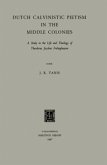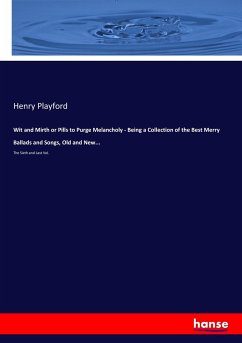This study is based on research which I conducted in the Netherlands in 1948 and 1949. In addition, I was able to rely on experiences and impressions of the 1944-1946 period, when I was stationed in the Low Countries as a United States Army Military Intelligence Officer. In my description of Dutch purge measures I have attempte~ to be as unbiased a judge as possible; whenever I was unable to arrive at a definite conclusion I con tented myself with describing the opposing points of view. I am quite aware that this attitude of "neutrality" may be criticized, not only by many ex-Resistance men who have become dis gusted with the alleged softness of the purge, but also by many others who appear equally dismayed about its severity. For purposes of comparison, readers who are familiar with action against collaborators in other countries - such as France, Italy, or the Balkans - may note that the Dutch purge was not dominated by considerations of party politics. All Dutchme- employers and workers, Protestants and Catholics, Conservatives and Socialists - had been united in their resistance against the enemy. Consequently, disagreements about purge measures did not follow class, religious, or party lines. The few Dutch Commu nists had never been able to dominate the Resistance; neither were they able to exploit the purge for their purposes. Thus, in Holland problems of collaboration and purge could be studied in their purest form, without consideration of other factors.
Hinweis: Dieser Artikel kann nur an eine deutsche Lieferadresse ausgeliefert werden.
Hinweis: Dieser Artikel kann nur an eine deutsche Lieferadresse ausgeliefert werden.








